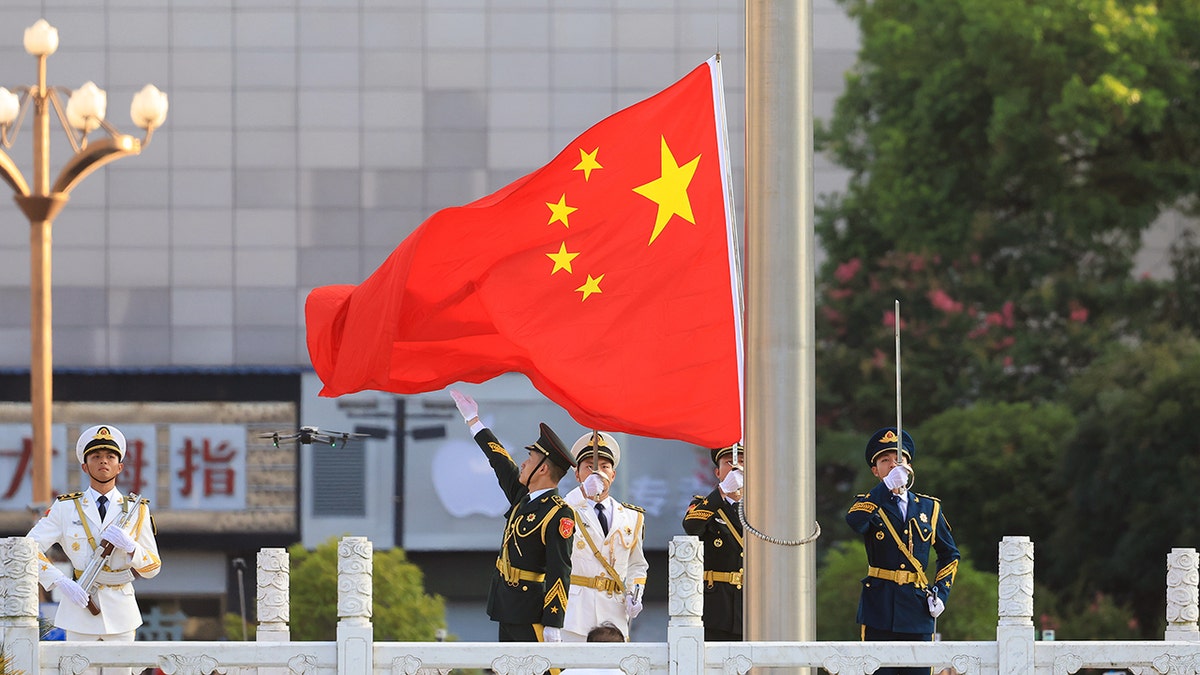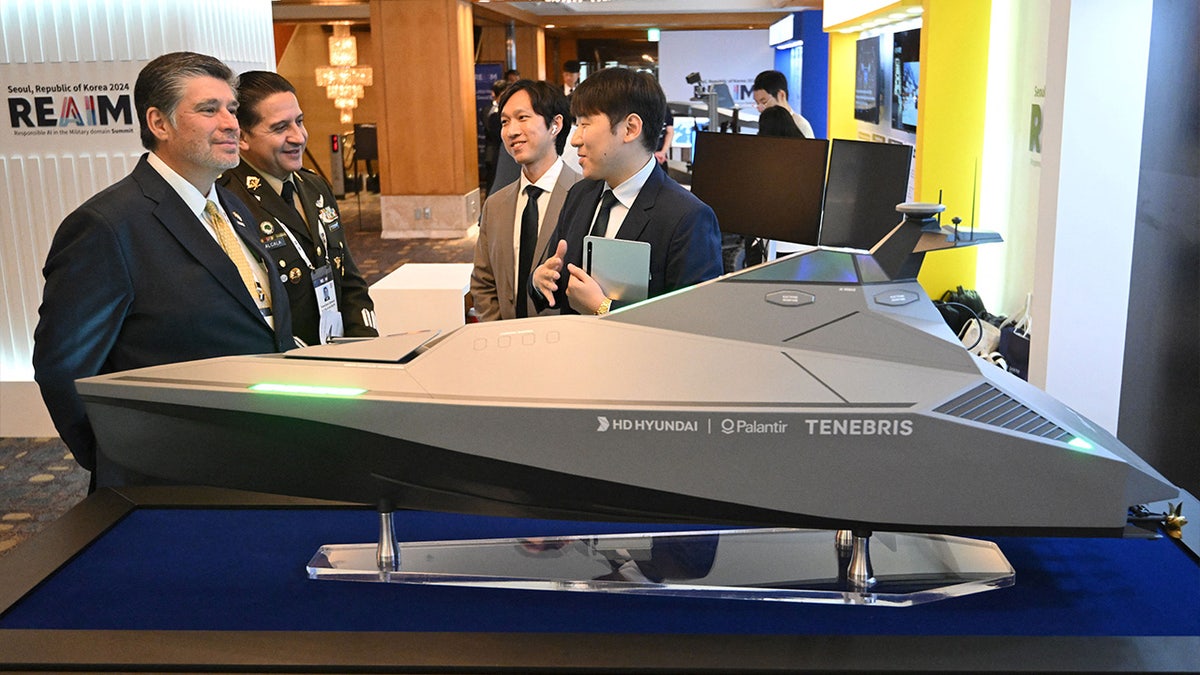INTERNACIONAL
Iglesia católica: a la norma que prohíbe casarse a empleados del Banco Vaticano se suma una larga lista de negativas como piercings, tatuajes y uniones civiles

El diario Il Messagero, como publicó Clarín el lunes, informó sobre la polémica nueva norma en el IOR, el Banco del Vaticano, que prohíbe a su personal casarse como «Dios manda», ante la Iglesia católica. La alteranativa es que alguno de los futuro cónyuges renuncie o serán despedidos. La norma aclara que no bastará con que uno de ellos se «mude» a otra dependencia vaticana. Eso tampoco es posible. La regla se suma además a otras negativas, impedimentos y exigencias que la Iglesia impone a su personal desde principios de julio.
A principios de este mes, el Vaticano prohibió a los trabajadores de la Basílica de San Pedro tener tatuajes visibles o perforaciones en el cuerpo para mantener el «decoro».
El nuevo reglamento, publicado en los primeros días de julio, se aplica a los aproximadamente 170 empleados laicos de la Fabbrica di San Pietro, el departamento encargado de la basílica.
El padre Enzo Fortunato, jefe de comunicaciones de la basílica, dijo a Reuters que codifica normas que «han estado vigentes en el pasado de una forma diferente».
Las nuevas reglas no solo prohíben exhibir tatuajes, piercings u otros adornitos que consideran contrarios al “decoro”, sino que, más allá del horario laboral, la Iglesia exige “una conducta religiosa y moral ejemplar, incluso en la vida privada y familiar, conforme a la doctrina de la Iglesia”. También, se lee en el estatuto, “debe tener una conducta educada en el servicio, respetuosa del lugar sagrado y correcta hacia los demás y –atención– el medio ambiente”.
Ni novios, ni parejas ni uniones civiles
Tras desatarse la polémica, el jefe de comunicaciones de la basílica de San Pedro, Fortunato, calificó de “chismes” algunas de las exigencias publicadas por los medios, aunque no pudo negar ninguna de ellas. Tan solo matizó que los laicos que no estaban casados sí que pueden trabajar en la Fábrica de San Pedro. Sólo que, en caso de contraer matrimonio, éste debe ser por la Iglesia. Nada de parejas de hecho o matrimonios por lo civil. Y mucho menos las “situaciones irregulares” como las uniones entre personas del mismo sexo.
Curioso es que días más tarde, la Iglesia también prohibió en el IOR el casamiento por Iglesia a una pareja empleada en el mismo banco.
Lo que sí tendrá que hacer cualquier empleado vaticano a la hora de firmar su contrato laboral, según las reglas presentadas a principios de junio, será emitir una “profesión de fe”, así como “prestar juramento de lealtad y observancia del secreto oficial”, una fórmula que busca evitar filtraciones de documentos como los que produjeron los dos casos Vatileaks. La violación de estas normas conllevaría sanciones disciplinarias que pueden llegar a la suspensión, la exoneración y, en casos extremos, el despido.
El caso Vatileaks fue un escándalo que involucró la filtración de documentos confidenciales del Vaticano en 2012. Estos documentos revelaron información sobre la corrupción y los conflictos internos en la Santa Sede, incluyendo acusaciones de lavado de dinero y abuso de poder.
INTERNACIONAL
China opts out of international blueprint to stop AI race in weapons development

China this week chose not to sign onto an international «blueprint» agreed to by some 60 nations, including the U.S., that looked to establish guardrails when employing artificial intelligence (AI) for military use.
More than 90 nations attended the Responsible Artificial Intelligence in the Military Domain (REAIM) summit hosted in South Korea on Monday and Tuesday, though roughly a third of the attendees did not support the nonbinding proposal.
AI expert Arthur Herman, senior fellow and director of the Quantum Alliance Initiative with the Hudson Institute, told Fox News Digital that the fact some 30 nations opted out of this important development in the race to develop AI is not necessarily cause for concern, though in Beijing’s case it is likely because of its general opposition to signing multilateral agreements.
Participants are shown prior to the closing session of the REAIM summit in Seoul, South Korea, on Sept. 10, 2024. (JUNG YEON-JE/AFP via Getty Images)
MASTERING ‘THE ART OF BRAINWASHING,’ CHINA INTENSIFIES AI CENSORSHIP
«What it boils down to … is China is always wary of any kind of international agreement in which it has not been the architect or involved in creating and organizing how that agreement is going to be shaped and implemented,» he said. «I think the Chinese see all of these efforts, all of these multilateral endeavors, as ways in which to try and constrain and limit China’s ability to use AI to enhance its military edge.»
Herman explained that the summit, and the blueprint agreed to by some five dozen nations, is an attempt to safeguard the expanding technology surrounding AI by ensuring there is always «human control» over the systems in place, particularly as it relates to military and defense matters.
«The algorithms that drive defense systems and weapons systems depend a lot on how fast they can go,» he said. «[They] move quickly to gather information and data that you then can speed back to command and control so they can then make the decision.

The Guard of Honor of the Chinese People’s Liberation Army performs a flag-raising ceremony at Bayi Square to celebrate the 97th anniversary of China’s Army Day on Aug. 1, 2024, in Nanchang. (Ma Yue/VCG via Getty Images)
«The speed with which AI moves … that’s hugely important on the battlefield,» he added. «If the decision that the AI-driven system is making involves taking a human life, then you want it to be one in which it’s a human being that makes the final call about a decision of that sort.»

Participants are shown with the Tenebris, a medium-size unmanned surface vessel concept, on display at the REAIM summit in Seoul, South Korea, on Sept. 10, 2024. (JUNG YEON-JE/AFP via Getty Images)
Nations leading in AI development, like the U.S., have said maintaining a human element in serious battlefield decisions is hugely important to avoid mistaken casualties and prevent a machine-driven conflict.
ARMY PUSHES 2 NEW STRATEGIES TO SAFEGUARD TROOPS UNDER 500-DAY AI IMPLEMENTATION PLAN
The summit, which was co-hosted by the Netherlands, Singapore, Kenya and the United Kingdom, was the second of its kind after more than 60 nations attended the first meeting last year held in the Dutch capital.
It remains unclear why China, along with some 30 other countries, opted not to agree to the building blocks that look to set up AI safeguards, particularly after Beijing backed a similar «call to action» during the summit last year.
When pressed for details of the summit during a Wednesday press conference, Chinese Foreign Ministry spokesperson Mao Ning said that upon invitation, China sent a delegation to the summit where it «elaborated on China’s principles of AI governance.»
Mao pointed to the «Global Initiative for AI Governance» put forward by Chinese President Xi Jinping in October that she said «gives a systemic view on China’s governance propositions.»

Participants look at a miniature version of the KF-21 fighter jet on display at the REAIM summit in Seoul, South Korea, on Sept. 10, 2024. (JUNG YEON-JE/AFP via Getty Images)
The spokesperson did not say why China did not back the nonbinding blueprint introduced during the REAIM summit this week but added that «China will remain open and constructive in working with other parties and deliver more tangibly for humanity through AI development.»
CLICK HERE TO GET THE FOX NEWS APP
Herman warned that while nations like the U.S. and its allies will look to establish multilateral agreements for safeguarding AI practices in military use, they are unlikely to do much in the way of deterring adversarial nations like China, Russia and Iran from developing malign technologies.
«When you’re talking about nuclear proliferation or missile technology, the best restraint is deterrence,» the AI expert explained. «You force those who are determined to push ahead with the use of AI – even to the point of basically using AI as kind of [a] automatic kill mechanism, because they see it in their interest to do so – the way in which you constrain them is by making it clear, if you develop weapons like that, we can use them against you in the same way.
«You don’t count on their sense of altruism or high ethical standards to restrain them, that’s not how that works,» Herman added.
Reuters contributed to this report.
-
POLITICA3 días ago
Aerolíneas Argentinas inicia acciones legales contra los gremios y busca echar a Pablo Biró del directorio de la empresa
-
POLITICA1 día ago
Javier Milei celebró el apoyo al veto a la reforma jubilatoria: “Le pusieron un freno a los degenerados fiscales”
-
POLITICA17 horas ago
«Si quieren expulsarnos, que lo hagan ya»: uno de los diputados que cambió su voto calentó la interna radical y contó qué les dijo Milei
-
INTERNACIONAL2 días ago
«Tercera Guerra Mundial», «Venezuela con esteroides» y «Nos vendió a China», las frases más picantes del debate entre Kamala Harris y Donald Trump
-
CHIMENTOS9 horas ago
Alarma el estado de Jorge Lanata tras su traslado: «Estado vegetativo»
-
POLITICA9 horas ago
Un dirigente sindical habló de “reventar la Plaza de Mayo” si Javier Milei veta el presupuesto universitario



























